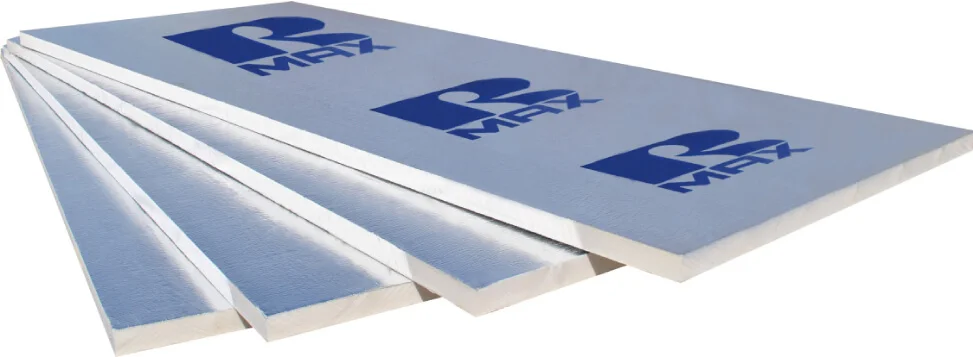Why Polyiso?
What is Polyiso INSULATION
Polyisocyanurate (Polyiso) is a closed-cell, rigid foam board insulation that is bonded to facers on both sides, which are composed of various organic and inorganic materials. Polyiso is used in roof, wall, ceiling and specialty applications within commercial and residential buildings of all types. Because of its high thermal performance, it is the product of choice for energy-aware architects, specifiers, builders, building owners, contractors and consumers.
As one of North America’s most widely used, most readily available and most cost-effective insulation products, Polyiso has been cited by the U.S. Environmental Protection Agency for its responsible impact on the environment.
Polyiso offers:
A high R-value per inch compared to other insulation products used in commercial and residential construction
An exclusive third-party thermal performance certification
Outstanding installed cost advantages and economical cost per R-value
The ability to achieve today’s code required R-values while minimizing space, material and labor requirements without breaking the bank
Excellent performance in fire tests
Ease of use and peace of mind, as Polyiso products are designed for use in an expansive assortment of tested, approved, and code-compliant application.
Polyiso is stable over a large temperature range (-100°F to +250°F) and can be used as a component in roof systems utilizing hot asphalt.
Polyiso has low density, good adhesion to facers, low water absorption and low vapor transmission
Polyiso is not affected by oil-based waterproofing compounds, insecticides or fertilizers when properly protected
How it Compares
POLYISO VS. XPS
Polyiso is unique in that the R-value increases with the thickness of the foam, so three inches of polyiso has a higher R-value per inch than two inches.
POLYISO VS. Mineral wool
Polyiso is unique in that the R-value increases with the thickness of the foam, so three inches of polyiso has a higher R-value per inch than two inches.

